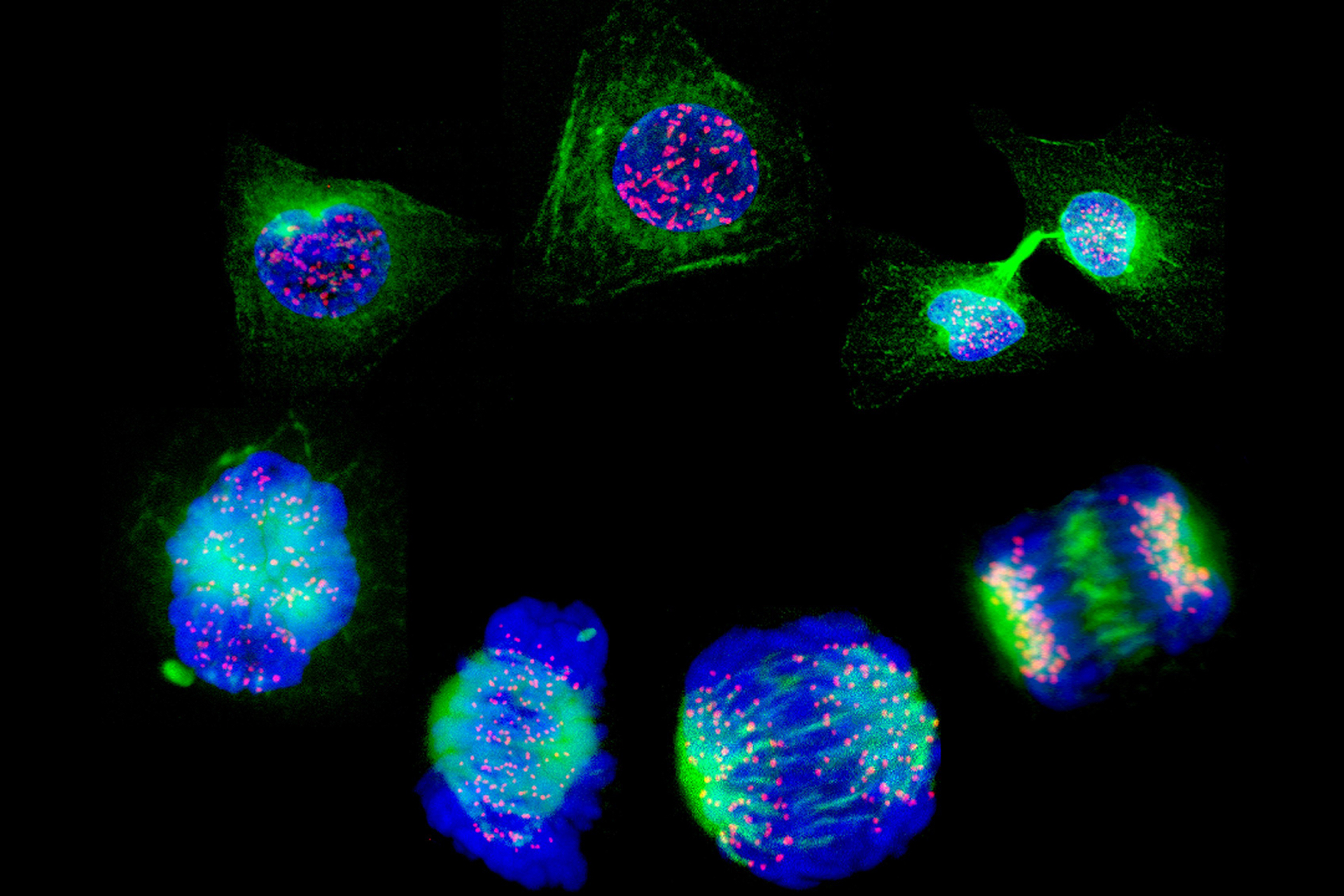The Genetic Technology (Precision Breeding) Act has become law allowing genome-edited foods to be commercially developed in England.
Genome-edited foods have specific genes deleted, switched off, or a variation to the gene introduced to create a higher yielding, disease-resistant and more nutritious crop without the need to use pesticides or herbicides.
Genome editing can be performed by a number of approaches, which all work by using enzymes to cut DNA at specific points. These changes can be identical to those that occur naturally, or achieved through traditional breeding methods. However, they can be achieved much more quickly and precisely. It can take up to 15 years to alter the genes of crops via traditional methods, genome editing is able to drastically reduce this timescale.
Defra's chief scientific adviser Professor Gideon Henderson said: 'This is an important time for agricultural science. The ability to use genome editing to make precise, targeted changes to the genetic code of organisms, in a way that can mimic traditional breeding, enables development of new crop varieties that are more resistant to pests, healthier to eat, and more resilient to drought and heat as climate changes.'
Not to be confused with genetically modified foods, foods that have been produced by genome editing have not had foreign genes from other species added to the food crop.
Genome editing in England had been covered under the same tight regulation that has restricted the commercial development of genetically modified or genome edited crops under EU law. The EU intends to maintain rigorous regulation and labelling of genome-edited ingredients. However, in certain countries, such as the USA and Canada, genome-edited foods do not have to undergo a risk assessment as it is deemed that genome-editing is simply an extension of traditional plant breeding and thus no approval is necessary.
Brexit has enabled the English government to relax the rules for genome editing in food and agriculture, with the aim of a reduced carbon footprint and also to help put England at the forefront of the bioscience sector to develop disease-resistant crops able to feed the worlds growing population.
However, critics believe that removing the extensive testing required of foods in the EU will be a disaster for food production and the environment.
It is worth noting, that the Scottish, Welsh and Northern Irish governments have not permitted the commercial use of genome editing.
The government's press release and a BBC article can be read for more information.


